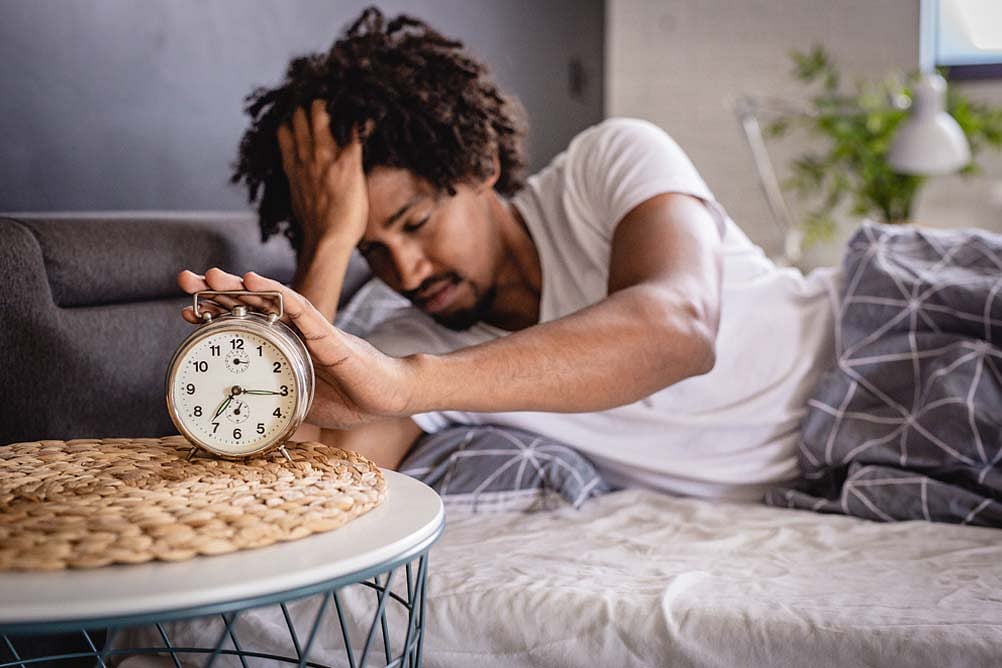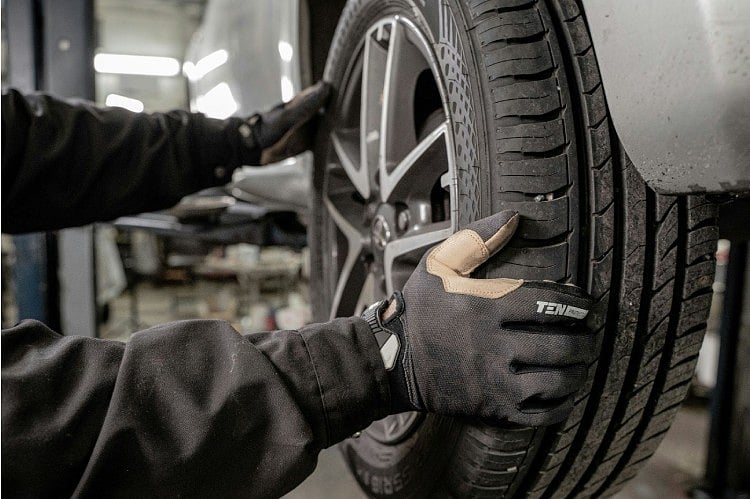Knowledge Hub
Knowledge Hub

Drunk driving: you’re still at risk the morning after
Motoring and Travel
September 03, 2021
You went to a party and overindulged. You didn’t drive home that night but the next morning you got into your car without a second thought. UK Research by road safety charity, Brake, found that sleeping doesn’t automatically mean that you’re no longer affected by the alcohol that you drank. It can stay in your system for between 8-10 hours.
This UK study revealed that drivers might choose to ignore the effects of alcohol the morning after. For example, if you’re drinking until 3am and then drive to the gym at 8am, some of the six or seven units you drank will still be in your body when you start your day, meaning you’d still be over the drink drive limit.
Whether it’s okay to drive the morning after the night before depends on how much you had to drink and whether you’ve left enough time for your body to get rid of the alcohol in your bloodstream.
In general, alcohol is removed from the blood at the rate of about one unit an hour. But this varies from person to person, depending on size and gender – men tend to process alcohol quicker than women. How much food you’ve eaten; the state of your liver and your metabolism also make a difference.
Follow these guidelines to avoid driving while you’re still over the limit:
- Know your units. Consider how much alcohol you had, and how late into the night it was before you finished your last drink. It’s important to remember that the strength of different drinks can vary greatly.
- The rule of thumb is a maximum of one unit of alcohol per hour, which constitutes 10ml of pure alcohol, based on an adult weighing 68kg.
- Our bodies can process only one unit of alcohol each hour. But, if you weigh less than 68kg, your body will need more time to process the same amount of alcohol.
- There’s no fail-safe way to guarantee that all the alcohol you’ve drunk has left your system, so it’s important not to take risks.
- Opt for lower strength drinks and single spirit measures rather than doubles.
- Alternate the alcoholic drinks you have with soft drinks or water.
- Stop drinking alcohol well before the end of the night so your body has time to process the alcohol before the following morning.
Dialdirect is an authorised non-life insurer and financial services provider.

We have great insurance products
Need car, home & Life Insurance? We offer a wide range of insurance products. Switch & get cash back on insurance premiums.







